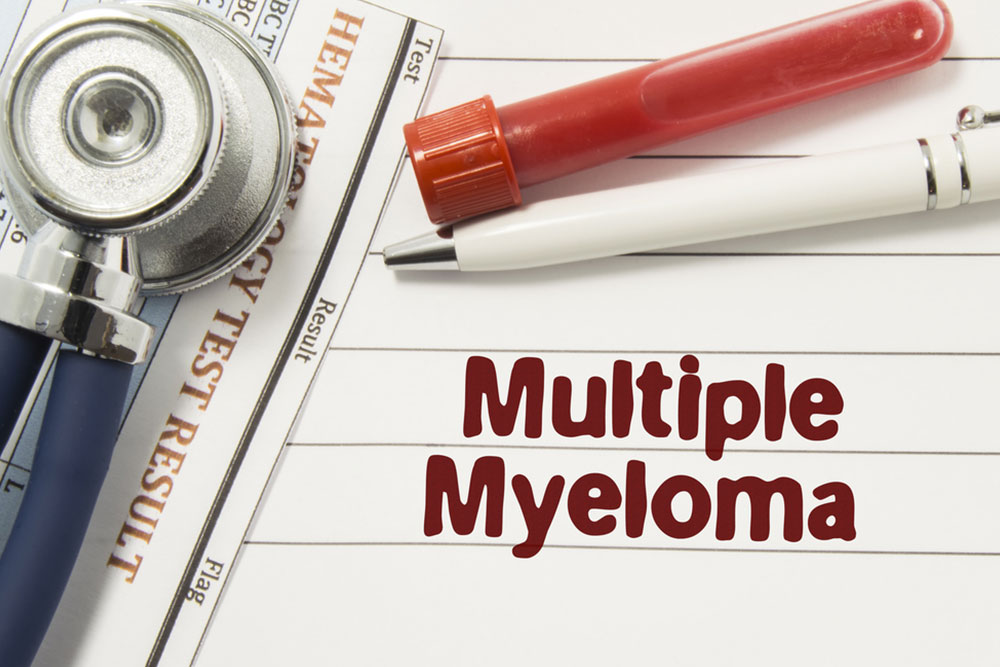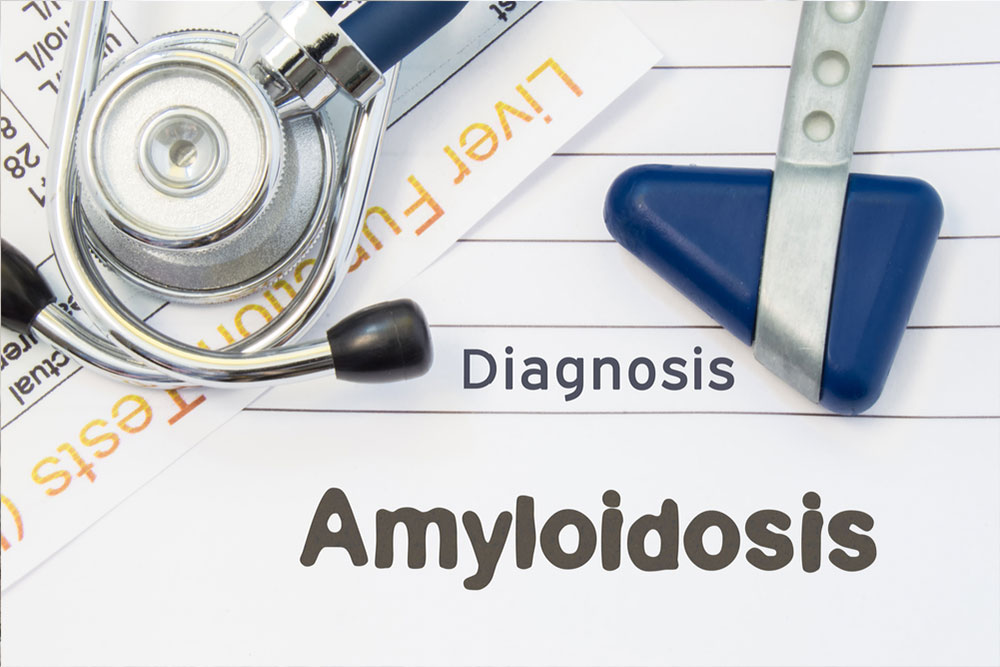Holistic Approaches to Managing Amyloidosis Naturally
Explore holistic and natural strategies for managing amyloidosis effectively. This article covers sleep improvement techniques, gentle exercises, low-sodium diets, and nutrient-rich meal replacements to support symptom control and enhance quality of life alongside conventional treatments.
Holistic Strategies for Supporting Amyloidosis Patients
Holistic approaches to managing amyloidosis naturally
Living with a chronic illness like amyloidosis requires adapting your lifestyle to accommodate the condition. Amyloidosis occurs when abnormal proteins called amyloid deposits accumulate in tissues or organs, mainly affecting the heart, kidneys, liver, spleen, nervous system, and digestive system. Since there is no cure, treatment mainly focuses on symptom control and slowing progression.

While standard therapies aim to reduce amyloid production depending on the type, there are various natural and complementary methods that can aid management. Here are some effective options:
Sleep Optimization
Fatigue and insomnia are common challenges in amyloidosis. Poor sleep can intensify daytime exhaustion and discomfort. To improve sleep quality, consult your healthcare provider about sleep therapy techniques such as meditation, deep breathing, or relaxation exercises before bed. These practices can help you fall asleep more easily, providing vital rest to support overall health.
Gentle Physical Activity
Due to weakness and fatigue, vigorous exercise may be unsuitable. Instead, consider low- to moderate-intensity activities like yoga, Tai Chi, or daily walks. Regular gentle movement can reduce pain and boost energy levels without overtaxing your body, aiding in managing symptoms effectively.
Low-Sodium Nutrition
Swelling in the legs and ankles is typical, often resulting from fluid retention affected by kidney and heart function. Reducing salt intake can help minimize swelling and protect cardiac and renal health. A low-sodium diet is often recommended to prevent fluid buildup and reduce strain on vital organs.
Nutrient-Dense Meal Replacements
Symptoms like swallowing difficulties, loss of appetite, or digestive issues can hinder proper nutrition. To prevent malnutrition and weight loss, dietitians may suggest meal replacement shakes or smoothies rich in essential nutrients. These can sustain energy levels and support muscle and brain function during illness.
Managing amyloidosis involves a combination of medical treatment and natural approaches. These holistic methods can improve comfort and quality of life alongside traditional therapies.










